Teachers are Learners too !
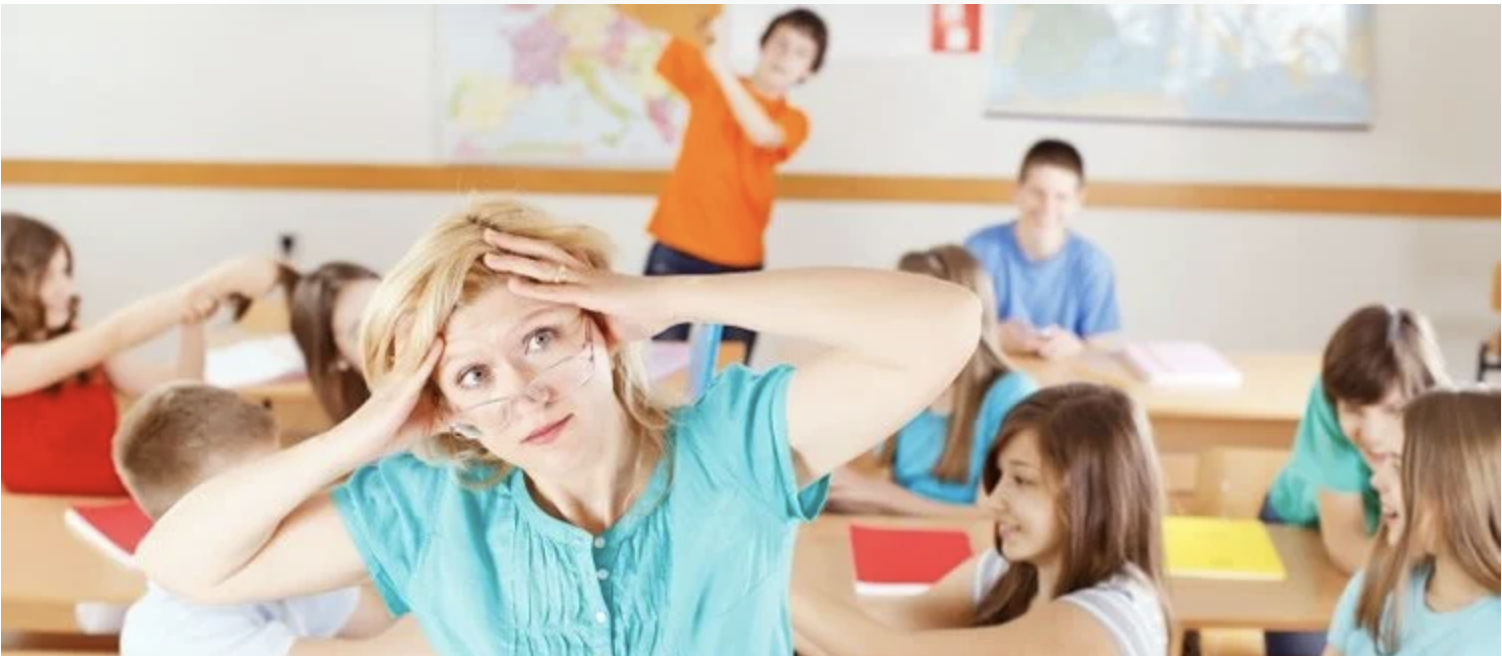
There is no mystery about it, being a student teacher is hard ! Although it may be highly rewarding, it can be demanding, stressful, intimidating, and overwhelming (the list goes on).As a harp teacher at Glengormley School of Traditional Music, I’ve gained an abundance of insight and knowledge throughout my placement. It was necessary to get over both anticipated and unanticipated obstacles. During my enjoyable time here, I’ve encountered several significant difficulties that I continue to face. One of these involves using various differentiated teaching strategies whilst maintaining students’ motivation and progress.
In this blog, I’ll discuss how I overcome these challenges using the Gibbs Reflective Model to show how I adapted my approach to teaching for the benefit of my students. According to Gibbs, teachers ought to evaluate themselves in order to gain competence “ideally lead into planning for the next experience, in the form ‘next time I will . . .’” Devet, Bonnie 2020.
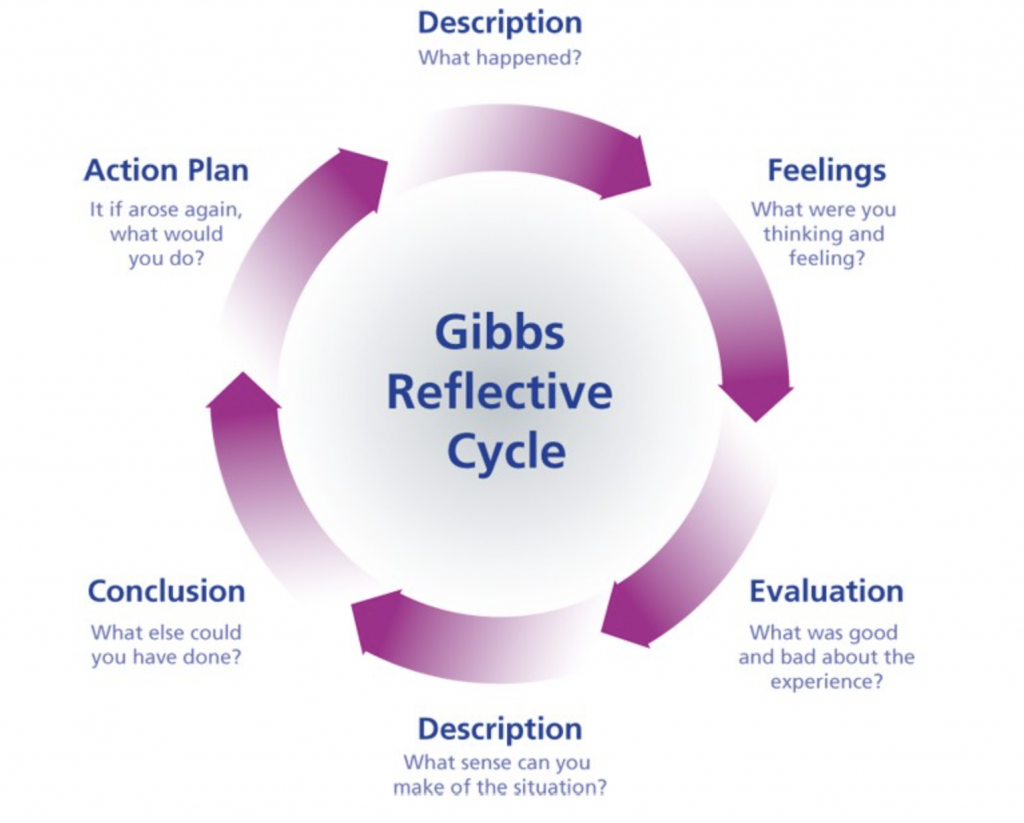
GSOTM has provided me with numerous chances to improve my teaching and assistance skills over the past 8 to 9 months, allowing me to gain confidence, insight, and practical advice that I can apply in my future career. My primary employment responsibility is instructing mixed beginner/intermediate/advanced groups of harp students once a week. Since each session lasts 50 minutes and each student has a different range of attention demands, I strive to teach as much of the tune as I can within the allotted time, but occasionally this is not possible.
Description – What happened ?
In one specific beginner/ intermediate lesson, I had my materials and worksheets copied, the room set up, and the harps tuned—everything was prepared for use. I was excited to deliver a smooth and enjoyable lesson . This wasn’t the case ! The group of students had trouble settling down and understanding the rhythm / feel of the tune. I had mostly been working on the opening two bars of a 32-bar piece of music. Despite my patience and step-by-step explanation, this wasn’t sufficient for my students. Their time was wasted (at least, that’s what I believed).
Feeling – What were you thinking and feeling ?
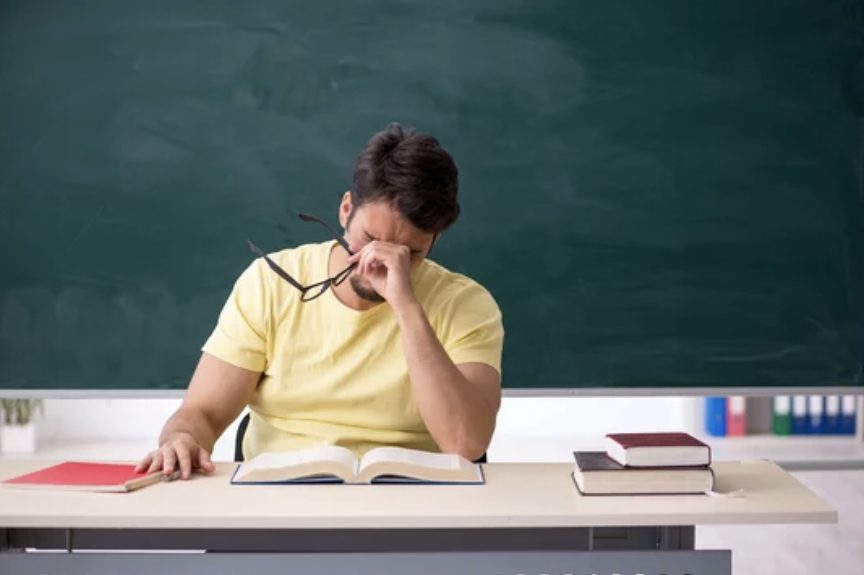
I was discouraged, irritated, inadequate, and defeated after the class. I questioned where I had gone wrong. ‘That class was a complete mess’.
I put a lot of pressure on myself since the other classes had discussed learning two tunes every week, my class had only learned one in two weeks. I felt crushed, and my faith in my ability to teach was damaged.
I discussed this with my supervisor and the other harp tutor, who assured me that it was common. As a result, I felt more in control and determined.
Analysis and Evaluation – What sense can you make of the experience ?
Supervisor Ray had invited me to a traditional teacher training course with Liz Doherty that covered these issues and how to handle them. Additionally efficiency advice and unique methods of teaching were discussed and approaches given that when employed would be beneficial to both students and myself. Upon reflection, when the dust settled I considered that this class wasn’t the complete waste of time that I initially thought it to be. It was actually crucial! In all honesty, I learned more in the lesson than the students did. I was aware of the requirements and limits of each of my students. Looking back, I realise that my general approach to teaching did not provide them with the best chance for success in the classroom. There was no differentiation at all.
Differentiation is the recognition of and commitment to plan for student differences. By giving students an appropriate challenge that meets their needs, student growth and success is maximized. Stephanie L. Standerfer 2011
My lesson plans weren’t helpful; they needed to be improved to keep the students’ interest. It needs to be interactive and include characteristics of group listening, performance, and creativity. Estelle Jorgensen, (2008) reassures us by stating that he once had a similar issue and was overly ambitious at the beginning of his teaching career. This workshop was enlightening; obviously, the primary goal was to teach the harp, but now that I’ve been to it, GSOTM takes great care in not just teaching the instrument but also ensuring that the students are learning music holistically.
Conclusion – What could you have done ?
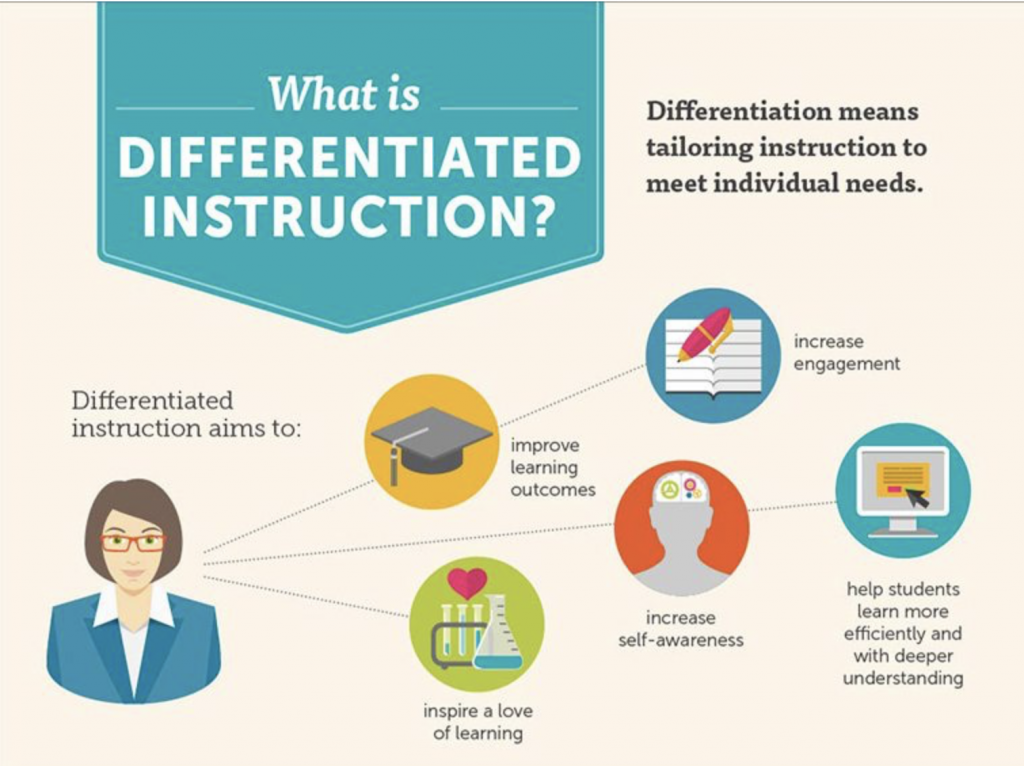
I had the option to give up and start teaching a pretty simple piece at the start of the class. If I had done this, my nervousness would have subsided and they would have picked up the tune, but I didn’t, so I continued with this harder piece. To prevent them from feeling overwhelmed and being inundated with new songs every week, I took care to segment my session in the following lesson plan. I make sure my students are receiving the help they require to improve as musicians. We compose a tune as a class, and I divide up the parts according to each student’s ability level (melody, accompaniment, etc.). As they hear how great they sound together, I can see their confidence blossoming even more and they evidently enjoy making music together with each musician working at a level appropriate to their requirement.
Action Plan
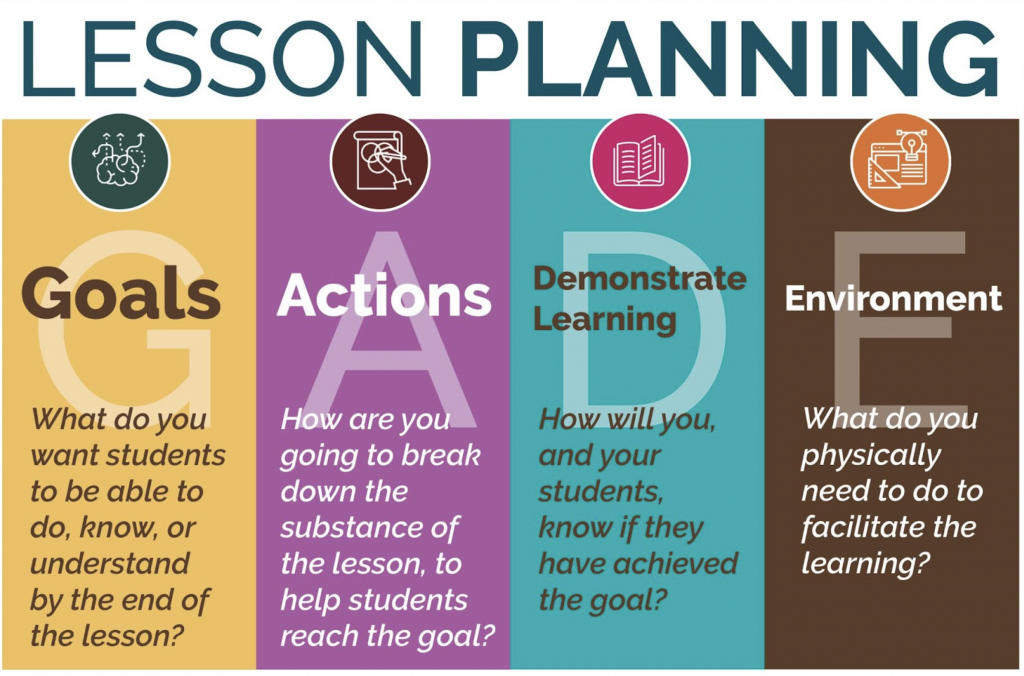
Anthony Haynes ( 2010) explains ‘Teaching may be thought of as a three-step activity. The first step consists of activities – planning and preparation – required before teaching a class; the second of activities in the classroom – classroom management, teaching, learning; and the third of activities that take place after the lesson – assessment, with associated activities such as recording and reporting, and evaluation.” I aim to improve my lesson plans so that my students get the assistance they require and deserve. I am conscious that I need to have greater faith in my abilities as a teacher. I often dwell on my errors and place the blame on myself. The work-based module has helped me accept the reflective approach, albeit I’m still getting used to it. I intend to practise mindfulness, be kind to myself, and use what I’ve learnt to make the next lesson better. With this, I want to be over-prepared and offer a variety of activities for pupils who pick up the tune quickly, etc. My goal is to keep researching and investigate new resources for pupils that are differentiated.
A productive lesson is not one in which everything goes exactly as planned, but one in which both students and instructor learn from each other.
Stiliana Milkova.
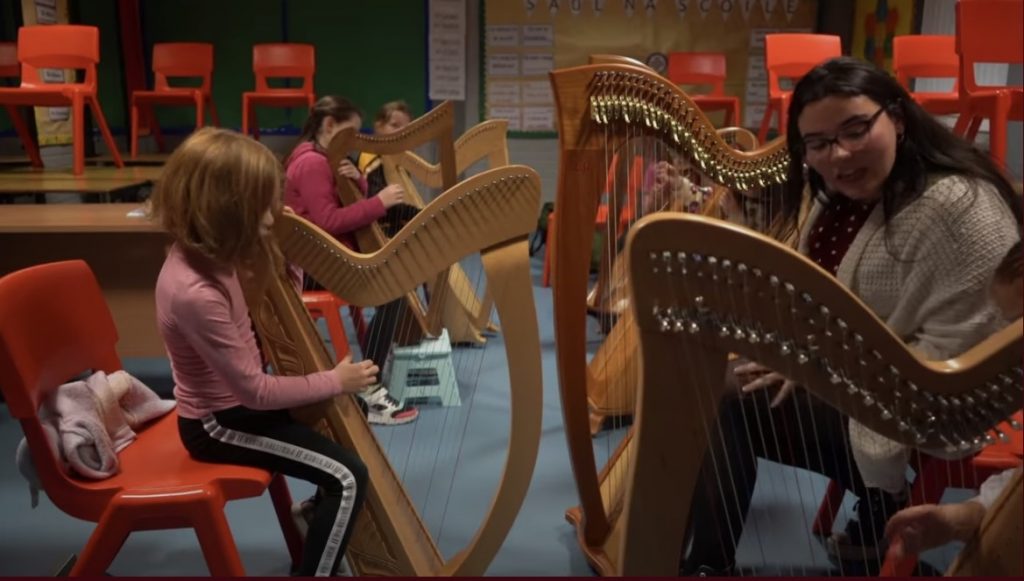
Bibliography
1. Devet, Bonnie. WLN: A Journal of Writing Center Scholarship; . Gibbs’ Reflective Cycle for Writing Center Training May/Jun2020, ; Vol. 44 (Issue 9/10,): . https://eds.s.ebscohost.com/eds/detail/detail?vid=12&sid=0de79219-75a2-4040-b610-24dc6542fb56%40redis&bdata=JnNpdGU9ZWRzLWxpdmUmc2NvcGU9c2l0ZQ%3d%3d#AN=142995242&db=eue (accessed 10 April 2023).
2. Stephanie L. Standerfer. Differentiation in the Music Classroom. Music Educators Journal June 2011; (): . https://artsandsciences.csuohio.edu/sites/default/files/StephanieStanderferArticle.pdf (accessed 13th April 2023).
3. Stiliana Milkova. Strategies for Effective Lesson Planning Center for Research on Learning and Teaching. https://venktesh22.github.io/Strategies_for_Effective_Lesson_Planning.pdf (accessed 14th April 2023).
4. Anthony Haynes. The Complete Guide to Lesson Planning and Preparation . : ; 2010. https://books.google.co.uk/books?hl=en&lr=&id=g2wSBwAAQBAJ&oi=fnd&pg=PR7&dq=guide+to+lesson+planning+&ots=WMH0rEPu0o&sig=gbm3ejiENjcBvjhHVp1hA1BVldI&redir_esc=y#v=onepage&q=guide%20to%20lesson%20planning&f=false (accessed 10th April 2023).
5. Jorgensen, Estelle R.. . The Art of Teaching Music. : ; 2008. https://ebookcentral.proquest.com/lib/qub/reader.action?docID=348677 (accessed 12th April 2023).
You May Also Like

Keep On Keeping On – Bouncing Back From Disappointment
14 April 2023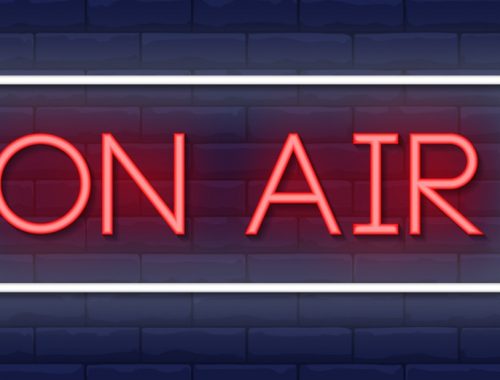
I Was Just… A Voice.
7 April 2023
